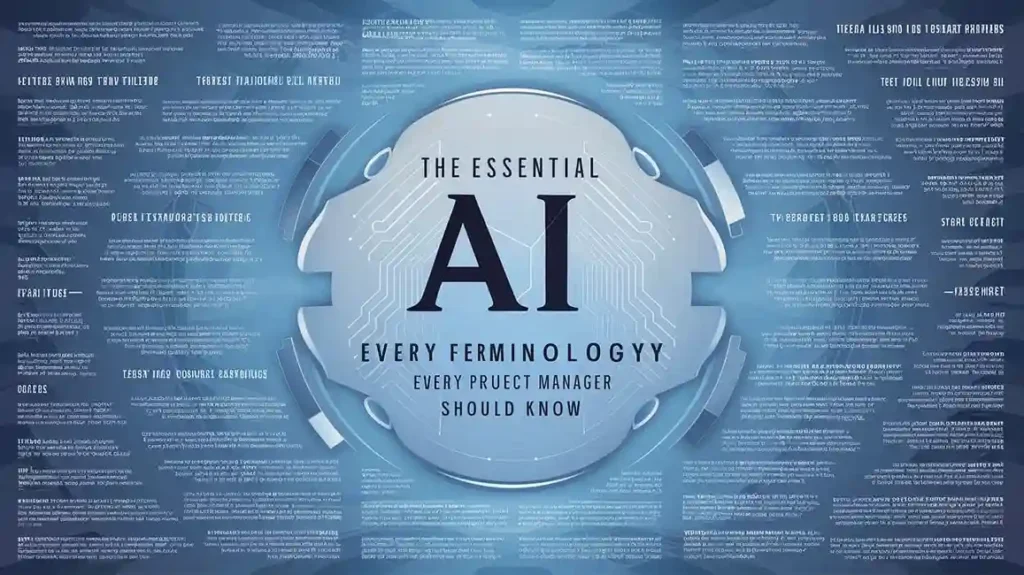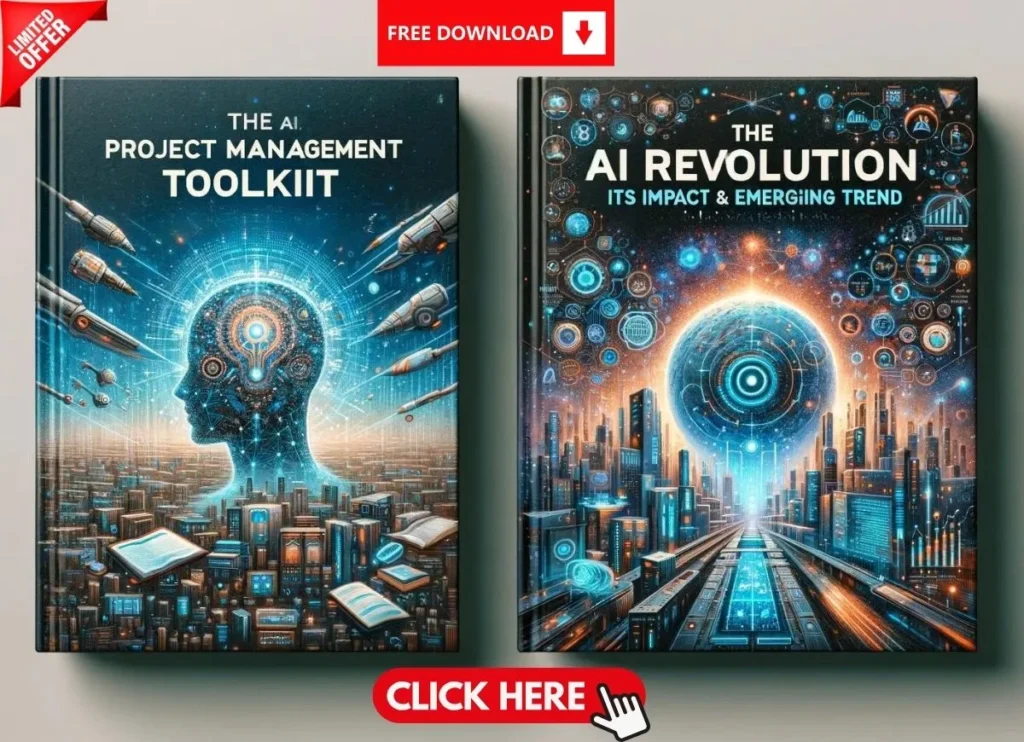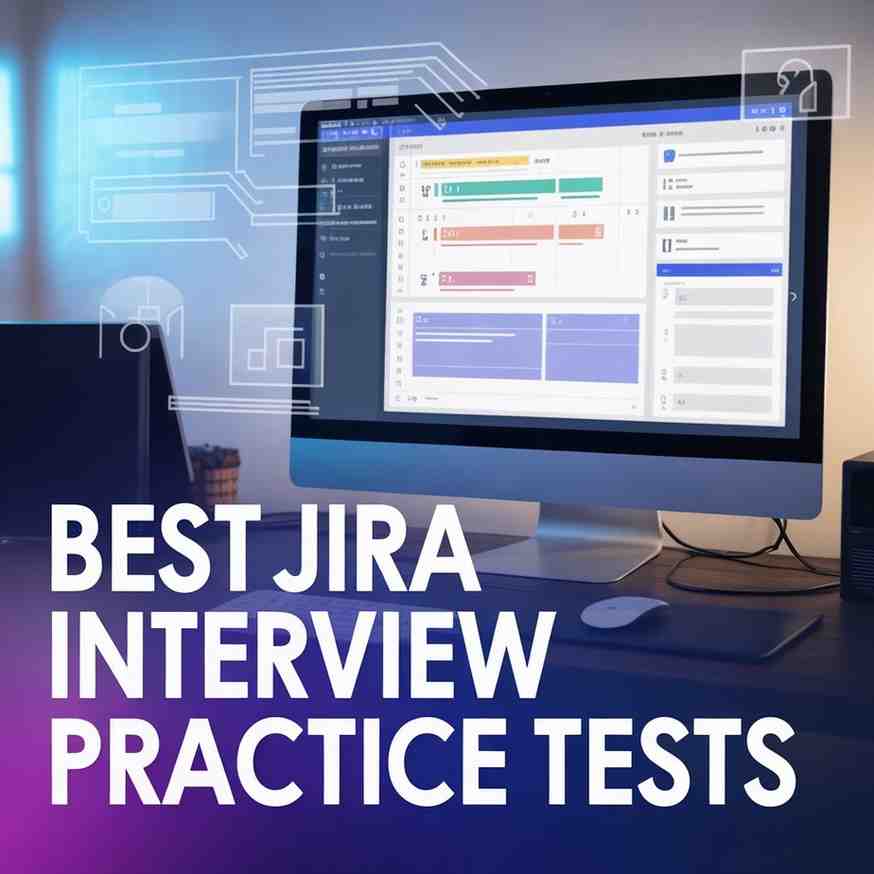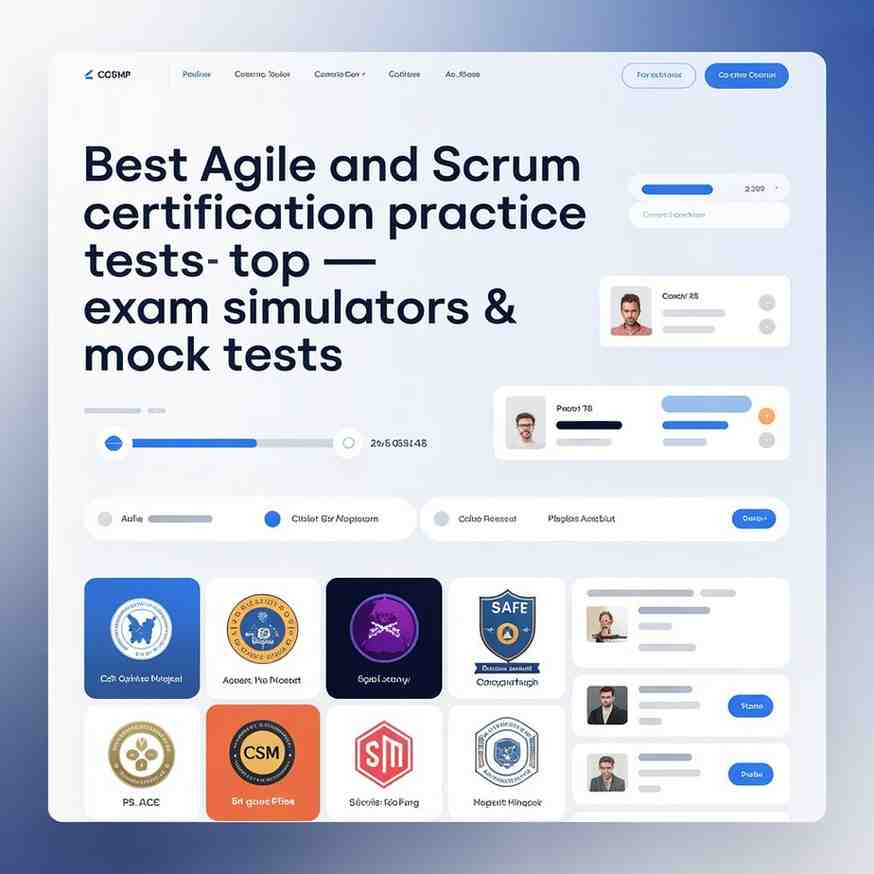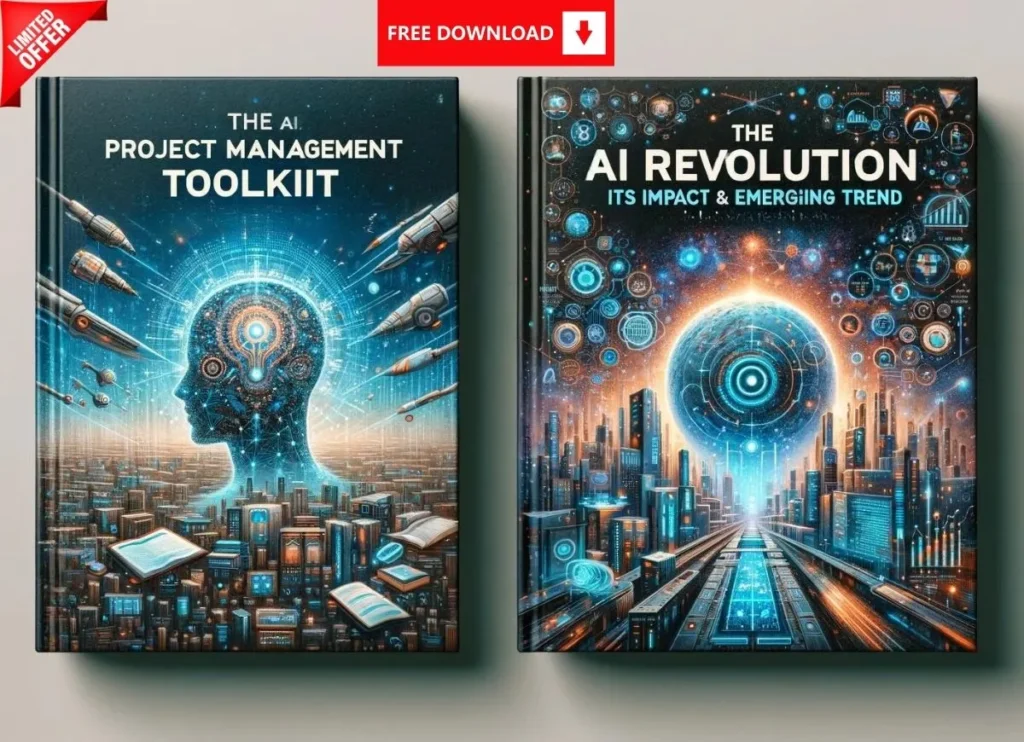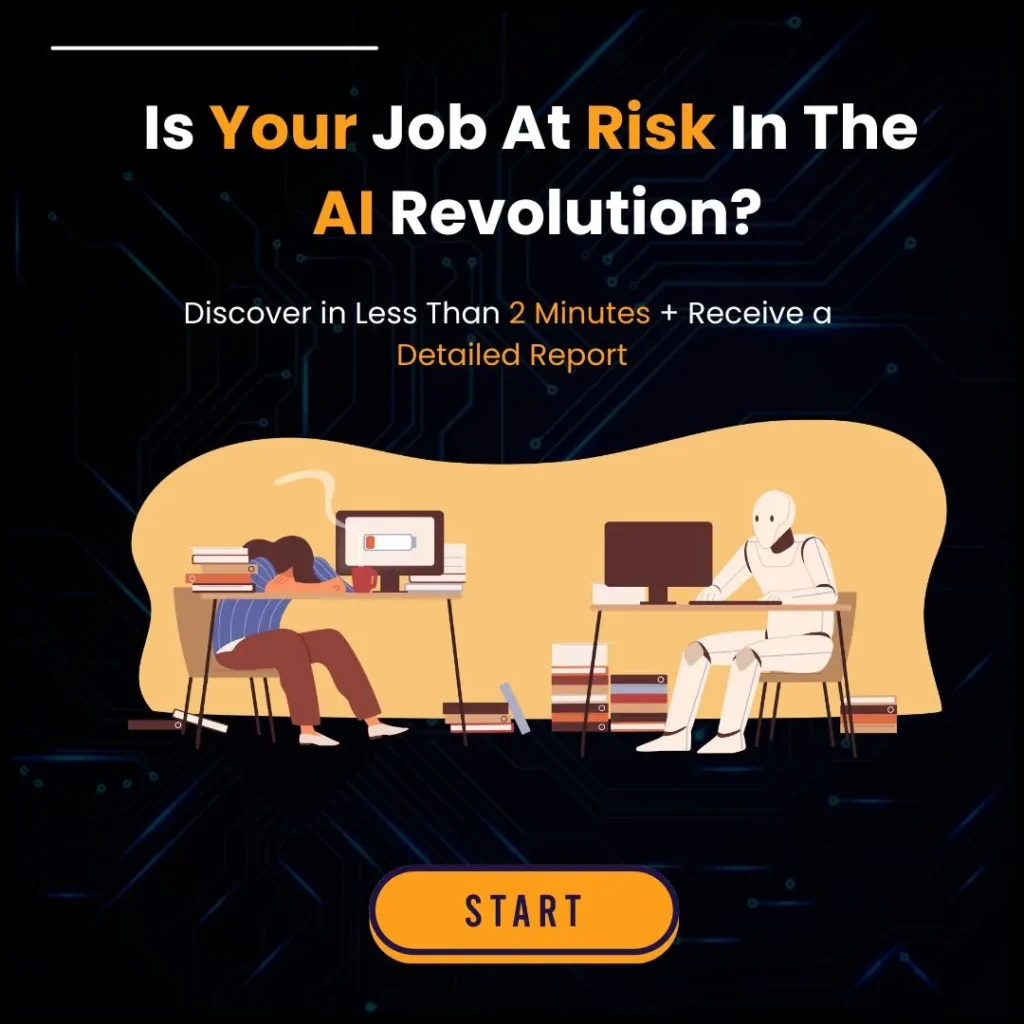1. Introduction: Why AI Terminology Matters in Project Management
As a project manager, you’re constantly juggling tasks—setting timelines, managing resources, and ensuring stakeholders remain satisfied. But with the growing influence of AI in Project Management, another dimension has been added: understanding AI terminology. You don’t need to become a machine learning engineer overnight, but you do need enough of a foundation to confidently navigate AI-powered tools, discussions, and team dynamics.
Whether you’re leading software sprints that incorporate predictive analytics or working on a marketing project leveraging Natural Language Processing (NLP) for sentiment analysis, Project Management Terminology now overlaps with a new lexicon of Essential AI Terms. This Artificial Intelligence Glossary will help you decode complex jargon, contextualize it in real project scenarios, and communicate more effectively with technical experts and stakeholders.
In this blog, you’ll discover:
- Key AI terms every project manager should know
- How AI terminology impacts project management practices
- Why understanding AI terminology is important in project management
- Common AI terms used in project management today
- How to learn AI terminology for project management success
Armed with this knowledge, you’ll be better equipped to plan, execute, and lead AI-enhanced projects that deliver measurable impact.
2. AI Basics: Definitions Every PM Needs
Before diving into the glossary of essential AI concepts for project managers, let’s clarify a few foundational definitions. These basic concepts will appear repeatedly as you explore AI.
- Artificial Intelligence (AI): A broad field of computer science focused on creating machines or software capable of tasks that normally require human intelligence—such as decision-making, visual perception, or language processing.
- Data: The raw material powering AI. High-quality, relevant data is crucial for AI models to learn and make accurate predictions.
- Algorithm: A set of rules or instructions for solving problems or performing tasks. In AI, algorithms form the basis of how models detect patterns in data.
Why It Matters for PMs: Understanding these fundamentals is critical when scoping projects that involve AI solutions, selecting vendors, or discussing feasibility with data scientists.
3. Core AI Concepts and Their Impact on Project Management
3.1 Machine Learning (ML)
Definition: A subset of AI that enables systems to learn from data without being explicitly programmed. In Machine Learning (ML), algorithms identify patterns and make predictions or decisions based on historical data.
Example for Project Managers:
- Resource Forecasting: Using ML to estimate how many developers or designers you’ll need in upcoming months based on past project workloads.
- Timeline Predictions: Tools like Microsoft Project with AI plugins or specialized ML-based scheduling software can forecast when deliverables are likely to slip.
Impact on PM: ML can drastically improve decision-making by providing data-driven insights, reducing guesswork in planning and risk assessment.
3.2 Deep Learning
Definition: A specialized branch of ML that relies on complex architectures called Neural Networks, which mimic the structure of the human brain. Deep Learning is often used for image recognition, natural language tasks, and more.
Example for Project Managers:
- Automated Quality Checks: In manufacturing or software development, deep learning models can detect anomalies (like defects in products or bug patterns in code) far more accurately than manual inspections.
Impact on PM: Projects involving large volumes of data—such as image libraries or code repositories—may employ deep learning to automate error detection, saving considerable time and money.
3.3 Natural Language Processing (NLP)
Definition: A field of AI focused on enabling machines to understand, interpret, and generate human language. NLP is what powers chatbots, virtual assistants, and language translation services.
Example for Project Managers:
- Sentiment Analysis: Tracking stakeholder feedback on social media or survey responses to gauge satisfaction.
- Automated Reporting: Tools that generate project status updates in plain English, summarizing the key developments for upper management.
Impact on PM: NLP streamlines communication, whether it’s clarifying requirements, extracting relevant data from large documents, or automating mundane stakeholder queries.
3.4 Neural Networks
Definition: The foundational structures in many deep learning models, Neural Networks consist of layers of interconnected “neurons.” Each neuron weights inputs and passes signals to subsequent layers, progressively refining outputs like classifications or predictions.
Example for Project Managers:
- Pattern Recognition: Identifying patterns in user behavior on an e-commerce platform or detecting spam in user-submitted forms.
Impact on PM: Neural networks are the engine behind many advanced AI applications. For project managers, understanding this concept helps explain why certain tasks (like data labeling) and computational resources (GPU clusters) can be critical to AI project timelines.
3.5 Computer Vision
Definition: A subset of AI focused on helping machines “see”—i.e., interpret visual information from images or videos. Computer Vision can identify objects, faces, or patterns, and even read text from images (OCR).
Example for Project Managers:
- Construction Projects: Automated site inspection using drones equipped with computer vision to identify safety hazards or progress issues.
- Manufacturing: Detecting defective parts on assembly lines for real-time quality control.
Impact on PM: In projects that involve physical goods or on-site tasks, computer vision can drastically reduce manual oversight and inspection times, leading to more efficient workflows.
4. Advanced Terms in the Artificial Intelligence Glossary
Once you’ve mastered the Essential AI Terms, you might encounter more advanced concepts. Here are a few worth knowing:
4.1 Predictive Analytics
Definition: Uses statistical algorithms and ML to analyze current and historical data, aiming to predict future events or outcomes.
Relevance: In Project Management Terminology, “predictive analytics” often appears as a feature in AI-driven resource planning or risk assessment tools.
4.2 Robotic Process Automation (RPA)
Definition: RPA focuses on automating routine, rule-based tasks (like data entry, invoice processing) through software “robots.” Although simpler than ML, RPA can integrate AI capabilities for more complex operations.
Relevance: RPA can streamline admin-heavy areas of project management such as updating spreadsheets, sending email reminders, or generating routine reports.
4.3 AI Ethics and Bias
Definition: AI Ethics addresses the moral implications of AI deployment, including fairness, transparency, and data privacy. Bias occurs when AI models produce unfair outcomes due to skewed training data or flawed algorithms.
Relevance: As a project manager, you must ensure that AI solutions comply with ethical standards and do not inadvertently discriminate or produce harmful outcomes. This is especially important in projects involving HR, finance, or healthcare data.
4.4 Hyperautomation
Definition: A term coined by Gartner, Hyperautomation combines multiple machine learning, software, and automation tools to handle an organization’s workflows in an end-to-end manner—often with minimal human intervention.
Relevance: In large-scale transformations, hyperautomation can unify RPA, NLP, computer vision, and other AI technologies to drastically reduce overhead, improve speed, and limit errors across the entire project lifecycle.
5. How AI Terminology Impacts Project Management Practices
How does AI terminology affect project management? In more ways than you might think:
- Budgeting: Terms like “data labeling” or “GPU clusters” indicate specific resource allocations you must plan for, ensuring the project budget accurately reflects AI’s operational needs.
- Timeline & Scope: Understanding the difference between machine learning (an iterative approach) and a simpler RPA solution can greatly influence how you schedule tasks and define scope.
- Team Composition: AI terms guide your hiring or collaboration strategies. If your project includes NLP or deep learning, you may need data scientists with domain expertise.
- Stakeholder Communication: Accurately using AI vocabulary (and explaining it in layman’s terms) enhances trust and clarity with stakeholders—especially executives or clients who may be new to AI solutions.
Grasping these Important AI terms for effective project management isn’t just academic. It can reduce friction, prevent misunderstandings, and optimize your entire project workflow.
6. Contextualizing AI Terms in Real PM Scenarios
Let’s simplify complex AI jargon by applying it to real-world project management examples:
- Kickoff Meeting
- ML: The data science lead explains how historical ticket data will train an ML model to forecast next month’s backlog.
- NLP: A business analyst outlines how a chatbot will handle stakeholder queries, using natural language understanding to parse user requests.
- Mid-Project Checkpoint
- Predictive Analytics: The PM reviews a dashboard that forecasts a 15% risk of going over budget due to resource constraints.
- RPA: A routine status report is automatically generated and emailed to the client, saving the project coordinator hours of manual compilation.
- Delivery and Handover
- Computer Vision: The final product includes an AI-based inspection system that checks each item for quality flaws.
- AI Ethics and Bias: The team discusses how they validated the model to ensure it doesn’t unfairly reject items from certain suppliers or locations.
By linking each AI Terminology concept to a project milestone, these definitions become more tangible. Understanding AI terminology in project management is key to steering your team effectively and meeting deliverables on time.
7. Why Understanding AI Terminology Is Important in Project Management
Why should project managers adopt AI technologies—and what happens if they don’t?
- Enhanced Decision-Making: Knowing key AI terms every project manager should know allows you to interpret data insights correctly, thus making more informed decisions.
- Competitive Advantage: As AI becomes widespread, PMs who remain AI-literate can better spearhead cutting-edge projects, boosting their organization’s market position.
- Stakeholder Confidence: Using the right Project Management Terminology fosters trust with clients, executives, and your team, reducing confusion and hesitation about adopting new tools.
- Risk Reduction: An ill-defined AI scope can derail projects. A PM who understands AI ensures requirements are accurate, ethical considerations are addressed, and timelines are realistic.
In short, understanding AI terminology is important in project management because it bridges the gap between innovative technology and practical outcomes.
8. Common AI Terms Used in Project Management Today
Below is a concise list capturing common AI terms used in project management today—the same ones you’ll likely encounter in software, vendor pitches, or team discussions:
- Machine Learning (ML): Automated learning from data
- NLP (Natural Language Processing): AI for human language tasks
- Neural Networks: Layered models for deep learning
- Predictive Analytics: Data-driven forecasting
- RPA (Robotic Process Automation): Rule-based process automation
- Computer Vision: Image and video interpretation
- Hyperautomation: End-to-end automation combining multiple AI tools
- AI Ethics: Governance around fairness, transparency, and bias
- Data Labeling: Process of tagging or classifying data for model training
- GPU/TPU: Specialized hardware for processing large AI workloads
Memorizing or bookmarking these terms can significantly improve your daily PM conversations, from initial project scoping to final deliverable reviews.
9. Tips on How to Learn AI Terminology for Project Management Success
If you’re still asking yourself, “How to learn AI terminology for project management success?” here are some practical suggestions:
- Short Online Courses
- Platforms like Coursera, edX, and LinkedIn Learning offer introductory AI courses tailored for non-technical professionals.
- Focus on modules that explain Essential AI Terms and real-world use cases.
- Follow Industry Blogs & Newsletters
- Publications like MIT Technology Review or Towards Data Science often break down complex AI concepts in more digestible language.
- Stay current on how AI trends intersect with Project Management Approaches.
- Join AI-Focused Communities
- Engage on Reddit’s r/MachineLearning or relevant LinkedIn groups where you can ask questions freely.
- Observe discussions among data scientists to see how these terms apply in real-time projects.
- Collaborate with Technical Teams
- Organize lunch-and-learn sessions where data scientists or AI experts explain jargon to PMs in simple terms.
- Encourage cross-functional dialogue during sprint planning or retrospective meetings.
- Practical Experimentation
- If feasible, use AI-powered tools (e.g., automated scheduling, sentiment analysis) in small pilot projects.
- Hands-on experience cements your understanding of terms like ML, NLP, or RPA.
Mastering AI terminology doesn’t happen overnight, but consistent exposure and curiosity-driven learning can make the journey smoother—and far more rewarding.
10. Master These AI Fundamentals Through Our Course
Being conversant in AI Terminology is more than a line on your resume—it’s a strategic asset that can propel your entire team forward. If you’re ready to deepen your expertise, we offer a structured course designed specifically for project managers seeking to excel in AI-driven environments.
What You’ll Gain
- Comprehensive AI Glossary: A deeper dive into essential and advanced terms.
- Real-World Case Studies: Walkthroughs that show how AI transforms projects in industries like finance, healthcare, and software development.
- Hands-On Tool Training: Learn to apply AI insights in everyday PM tasks, from scheduling to risk assessments.
- Peer Networking: Connect with fellow project managers aiming to become AI-savvy leaders.
Enroll Now to empower yourself with the knowledge and confidence to lead AI-centric projects that consistently exceed stakeholder expectations.
11. Conclusion & Future Outlook
AI is no longer a distant frontier—it’s here, reshaping how teams collaborate, how tasks get allocated, and how success is measured. For project managers, understanding AI in Project Management goes beyond general curiosity. It’s an essential step toward staying relevant, delivering top-tier results, and guiding teams through the next wave of innovation.
Key Takeaways:
- Knowing the Key AI terms every project manager should know helps demystify AI-driven discussions.
- Understanding AI terminology in project management empowers you to scope and budget AI projects accurately.
- How AI terminology impacts project management practices can’t be understated: it clarifies resource needs, risk factors, and ethical considerations.
- Consistent exposure—through courses, communities, and hands-on practice—enables you to learn AI terminology for project management success effectively.
As AI continues to evolve, so will the language and tools surrounding it. Staying informed and building your confidence in essential AI terms keeps you ahead of the curve, ensuring that you—and the projects you lead—thrive in an increasingly data-driven world.

